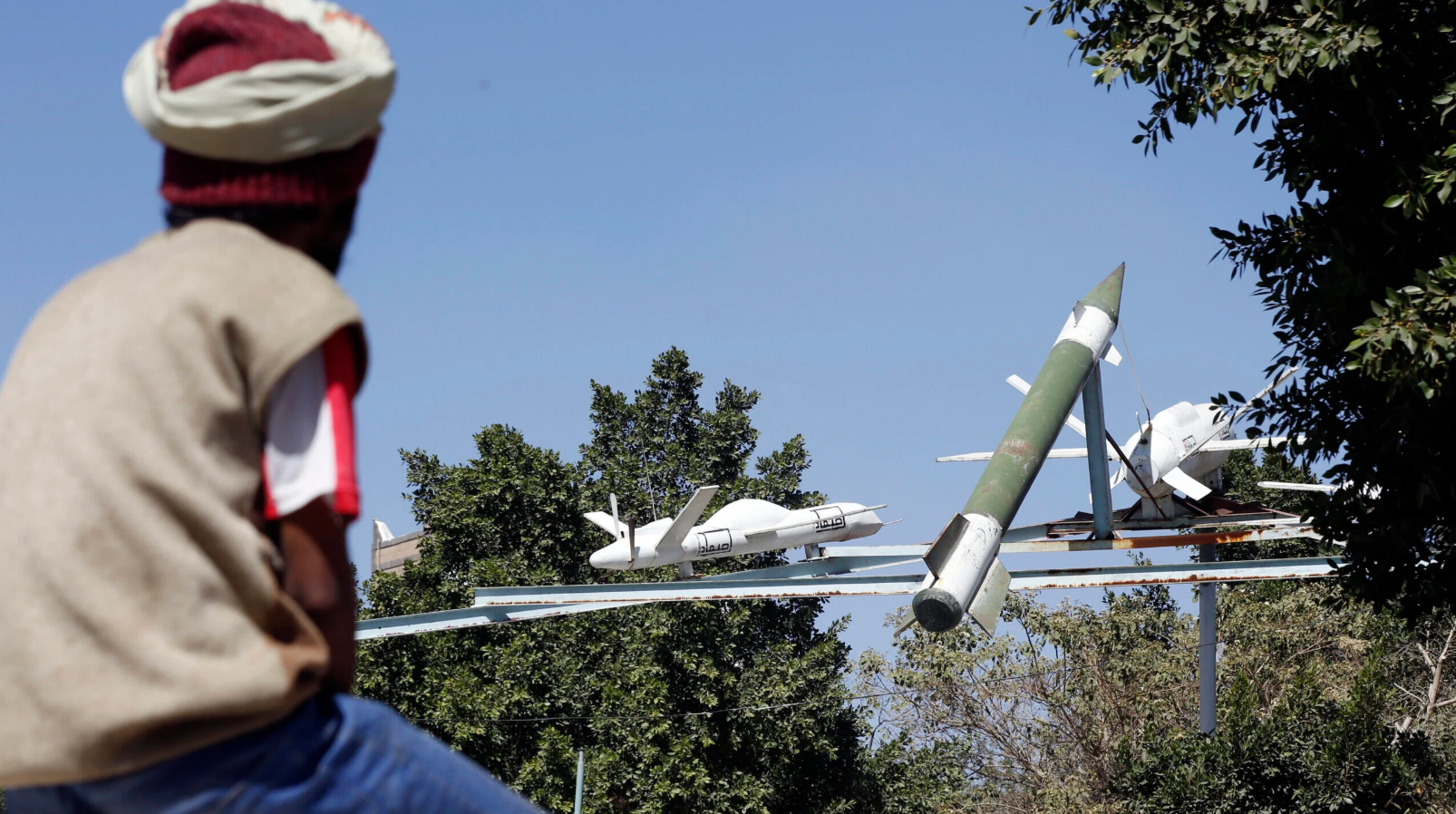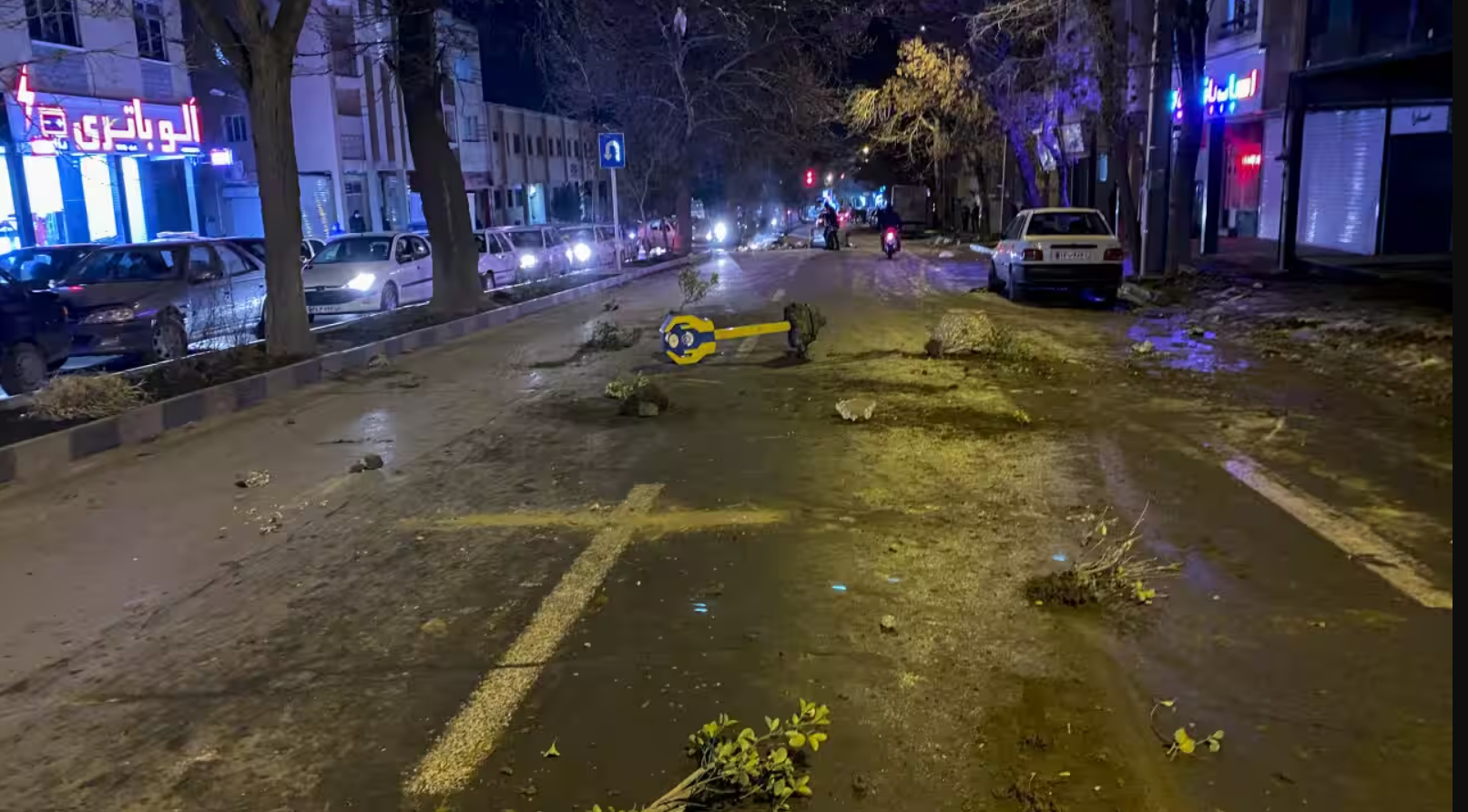With the shutdown of vital Red Sea ports and disruptions in traditional supply routes, Israel has been forced to rely on a new overland corridor from Jebel Ali to Ashkelon. While this route appears to be a logistical lifeline, in reality, it has become a vulnerable artery—turning Israel into a hostage of regional Arab geography and exposing critical supply chains to strategic sabotage.
Youssef Demirhan, Political Economy Analysis
With the intensification of the crisis in the Red Sea and the closure of traditional maritime routes to the occupied territories—especially after Yemeni forces shut down critical ports like Eilat—Israel has been facing a serious disruption in its supply chains.
In response, certain Arab Gulf states such as the UAE and Saudi Arabia, along with Jordan, have established an alternative transit corridor starting from the Jebel Ali port, passing through Saudi and Jordanian territory, and eventually reaching the Israeli port of Ashkelon.
This route, which combines road and rail transport, carries not only general goods but also a significant portion of the fuel supply for the Israeli military, particularly the air force. In other words, with the Eilat-Ashkelon pipeline and Red Sea ports either shut or under constant threat, Israel has become increasingly reliant on this overland corridor.
Yet, this new route—despite appearing as an emergency solution—has effectively become a fresh strategic vulnerability. It traverses vast desert areas in Saudi Arabia and Jordan, regions that are difficult to monitor or secure continuously.From a political economy of war perspective, what Israel sees as its “lifeline” is actually a fragile artery, exposed to both technical sabotage and asymmetric operations by proxy groups in the region.
Attacks on this corridor’s road and rail infrastructure could have immediate and multidimensional consequences for Israel’s economic and logistical stability—especially at a time when its naval capabilities are facing unprecedented threats.In such a scenario, Israel becomes a “geographical hostage,” relying on the goodwill of its Arab partners to keep the route operational.
Any shifts in the political or security balance in Jordan, Saudi Arabia, or even the UAE could severely disrupt this lifeline and restrict Israel’s ability to act in future hybrid conflicts.
Ultimately, while the Jebel Ali–Ashkelon route may offer short-term relief, in the medium and long term, it increases Israel’s strategic exposure and indicates a transition from proactive strategy to logistical passivity.






